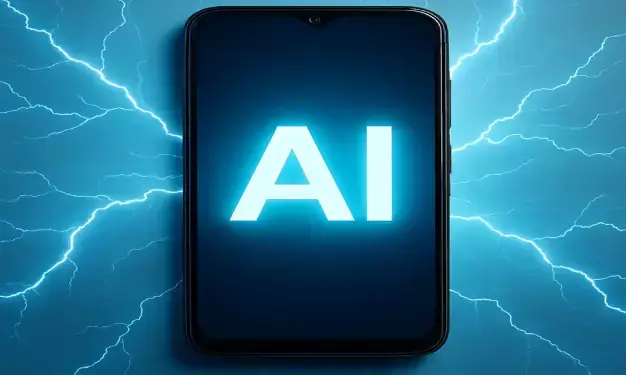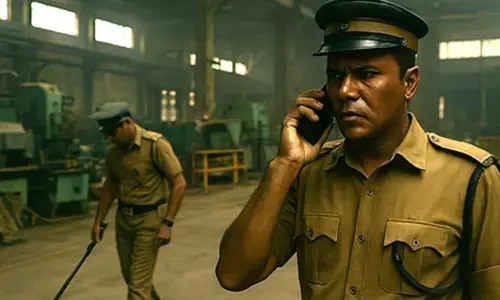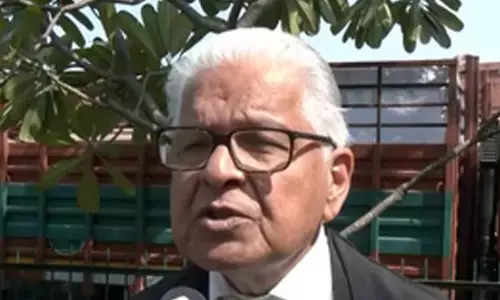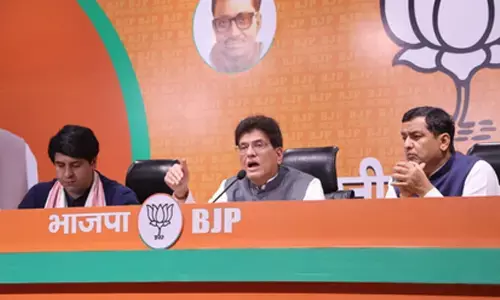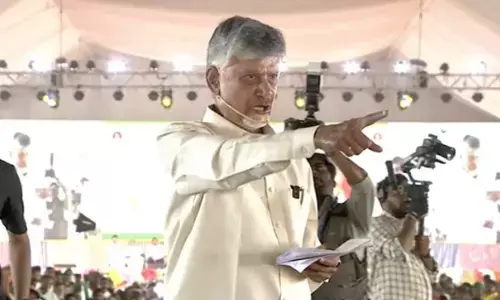Parliament without Question Hour is like a library without books!
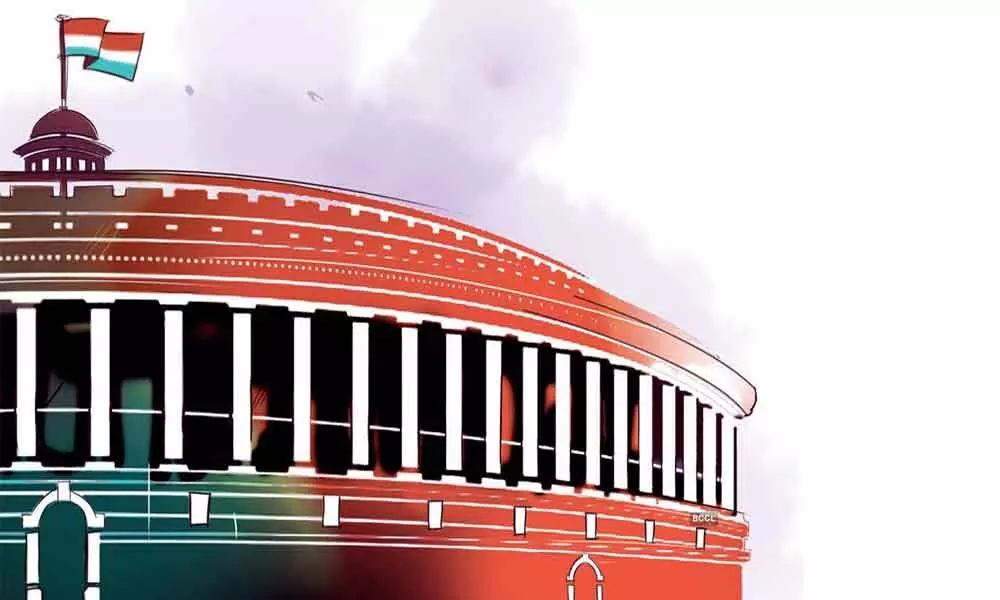
Parliament without Question Hour is like a library without books!
The Monsoon Session of Parliament which started on September 14, 2020 will go down as a dark day in our constitutional history for reasons more than one
The Monsoon Session of Parliament which started on September 14, 2020 will go down as a dark day in our constitutional history for reasons more than one. The primary reason is the resolution to do away with the Question Hour and Private Members' Bills and the shrinking of the Zero Hour.
What is Parliament without the Question Hour? Parliament has multiple roles all of which are essential for the democratic functioning of the polity. The various roles of Parliament are: ensuring the Executive accountability to the people through their elected representatives in both the Houses; legislation; constitutional amendment and budgetary approval, to put it in a nutshell.
Accountability of the Executive to Parliament is involved in these various processes to some extent, but it is most pronounced through the device of question. Question is the most important weapon Members have to keep the government of the day on its toes. The efficiency of the ministers and their ability to run their departments is incisively put to test through the Question.
That is why the Question Hour has a great sanctity in our parliamentary traditions. It gives an opportunity for Members to raise issues of importance to their constituencies as well as their conscience. They can raise any issue under the purview of the Union government and the government is bound to answer Members questions adequately.
Based on the answers given, supplementary questions can be raised seeking further clarification about the position of the Government on any given issue. That is why Question Hour is a time when full attendance of Members and the Media is seen.
Both Members and the Ministers come fully prepared to put their best foot forward and what ensues is a vibrant exchange of views between Members and Ministers cutting across party lines about the performance of the Ministries.
The government also does not want to miss out on the Question Hour because it presents an opportunity for the Ministers to demonstrate their administrative abilities and leadership skills in full glare of the Media. There are many occasions when the Opposition demands for the suspension of the Question Hour to take up a matter of urgent public importance, but the government resists such attempts citing the sanctity of the Question Hour to the institution of Parliament. But, ironically, this time it is the government which wanted the Question Hour to be put in cold storage.
The purpose of the Session is defeated without the Question Hour because what is at stake is the power of Parliament to ensure Executive accountability to the people.
Today, Parliament is meeting under extraordinary circumstances. The Budget session was curtailed due to Covid-19. Subsequently, many developments have taken place in the wake of the Covid such as the sudden national lockdown resulting in untold misery for millions of migrant labour; the virulent spread of the virus across the country and the collapse of the health sector, the impact of the unlock process on the spread of the virus, etc.
These are which deserve to be discussed by Parliament as people are waiting for a sense of direction and clarity from the government on a host of issues. Without the Question Hour, how will members raise issues of concern? Why should there be a Session if Members cannot ask questions? Is it merely to meet constitutional requirement that the interval between two sessions should not be more than six months?
Is the role of Parliament reduced to merely passing the government business bills? Private members Bills have a symbolic significance, but even that device is put aside! This is like putting the head on the ground and toes in the air! The government is shying away from critical issues confronting the nation at a crucial time. Instead of this farce, the Monsoon Session itself could have been suspended; who is going to ask?
When London was under attack during World War II, the House of Commons did discuss the issue, but our Parliament cannot discuss the stand-off at the India- China border! The Defence Minister makes a statement and that is the end of the matter? Parliament is there merely to be apprised and then to approve and applaud what the Government says by thumping the benches?
Avenues of questioning the government outside of Parliament are also considerably weakened. The current dispensation shows scant respect for Parliament. On September 14, election to the office of the Deputy Chairman, Rajya Sabha is duly held. It is a welcome development. But what is deplorable is the glaring fact that the office of Deputy Speaker is vacant and no attempt is made to fill up this constitutional position.
Who is going to ask? The Media and Members are consipicuously silent on this issue. The Deputy Speaker Lok Sabha is perhaps a politically insignificant office with all the power vested in the Speaker; but so is the case with the Deputy Chairman Rajya Sabha! But,that is filled promptly while the slot in Lok Sabha goes unnoticed. Why so? Who is going to ask is the attitude of the political leadership.
In the last session, a Member of Rajya Sabha was told by the Chairman not to sit in the House wearing a mask! There was considerable discussion in the House on this issue and the Chair was urged to leave it to the Member's will. Today, the Chairman is also wearing a mask and sitting in the House!
In the Lok Sabha, the current Speaker took special interest in stretching the Zero Hour, after the normal business of the House, till 9 PM or sometimes even 10 PM because he wanted to give opportunity to as many Members as possible to raise issues of public importance. It was a laudable initiative.
But, the same Speaker approves the freezing of the Question Hour, Private Members' bills and the shrinking of the Zero Hour. In our polity, the two constitutional institutions which have witnessed a great deal of decline are the Speaker and the Governor.
The Speaker is a quasi-judicial constitutional institution in our polity and calls for a non-partisan approach on the part of the incumbent. But,they go by political expediency than constitutional principles. This deserves to be discussed subsequently and separately as it a very important subject.
(The writer is Asst. Professor, Dr BR Ambedkar Law College, Hyderabad)



